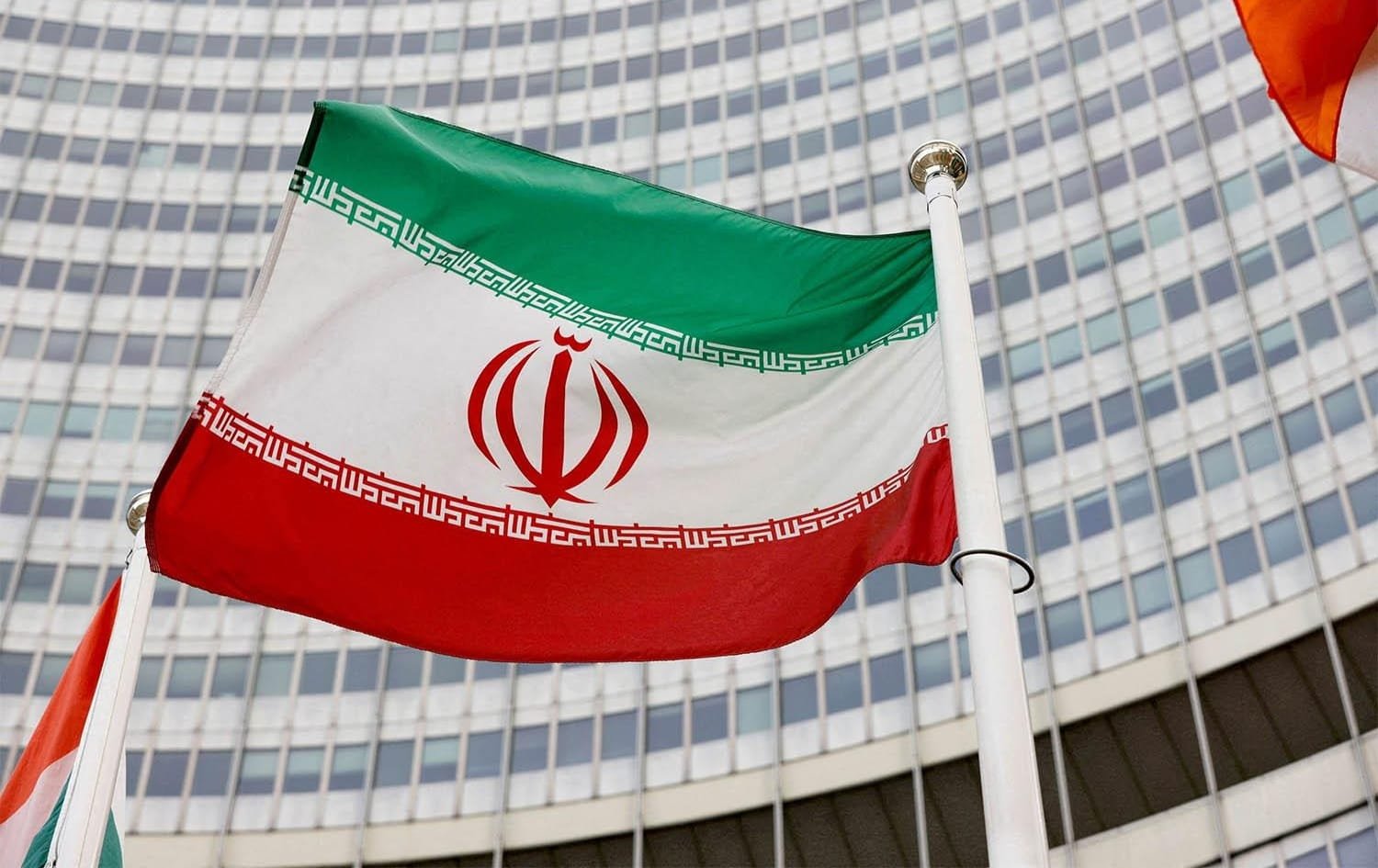The U.N. Security Council voted on September 19, and rejected a draft resolution that would have stopped the imminent reimposition of U.N. sanctions on Iran under the so-called “snapback” mechanism.
The background is that Britain, France and Germany (the “E3”) triggered the snapback process late in August, citing what they say are Iranian violations of commitments under the JCPOA —including restrictions on uranium stockpiles, lack of transparency to nuclear inspectors, and other actions that undermine the deal.
As of September 19, a resolution put forward by South Korea to obstruct the reimposition of the sanctions failed to attract the necessary nine affirmative votes among the fifteen members of the Security Council. Only China, Russia, Pakistan and Algeria supported that resolution; nine members opposed sanction relief; and two abstained.
Accordingly, the original U.N. sanctions that had been lifted under the JCPOA will be reinstated starting September 28, unless there is some last-minute diplomatic breakthrough that averts their return. These sanctions include bans on conventional arms transfers, restrictions on ballistic missile development, travel bans, asset freezes, and limitations on nuclear-related technology and materials.
Iran’s government strongly condemned the move. Iran’s UN ambassador, Amir-Saeid Iravani, called the reimposition “politically biased and politically motivated,” saying the European states are misusing the snapback provision embedded in the JCPOA. Tehran insists it has presented what it views as a “reasonable and actionable plan” and claims the snapback is unjustified.
Diplomatically, the decision raises the stakes just ahead of the high-level United Nations General Assembly meetings. European powers maintain there is still time for Iran to avoid sanctions by restoring cooperation with the International Atomic Energy Agency (IAEA) and engaging constructively in negotiations. Iran, however, signals that it may resist, and there are concerns it could withdraw from key treaties such as the Non-Proliferation Treaty (NPT) if it regards the process as illegitimate.





